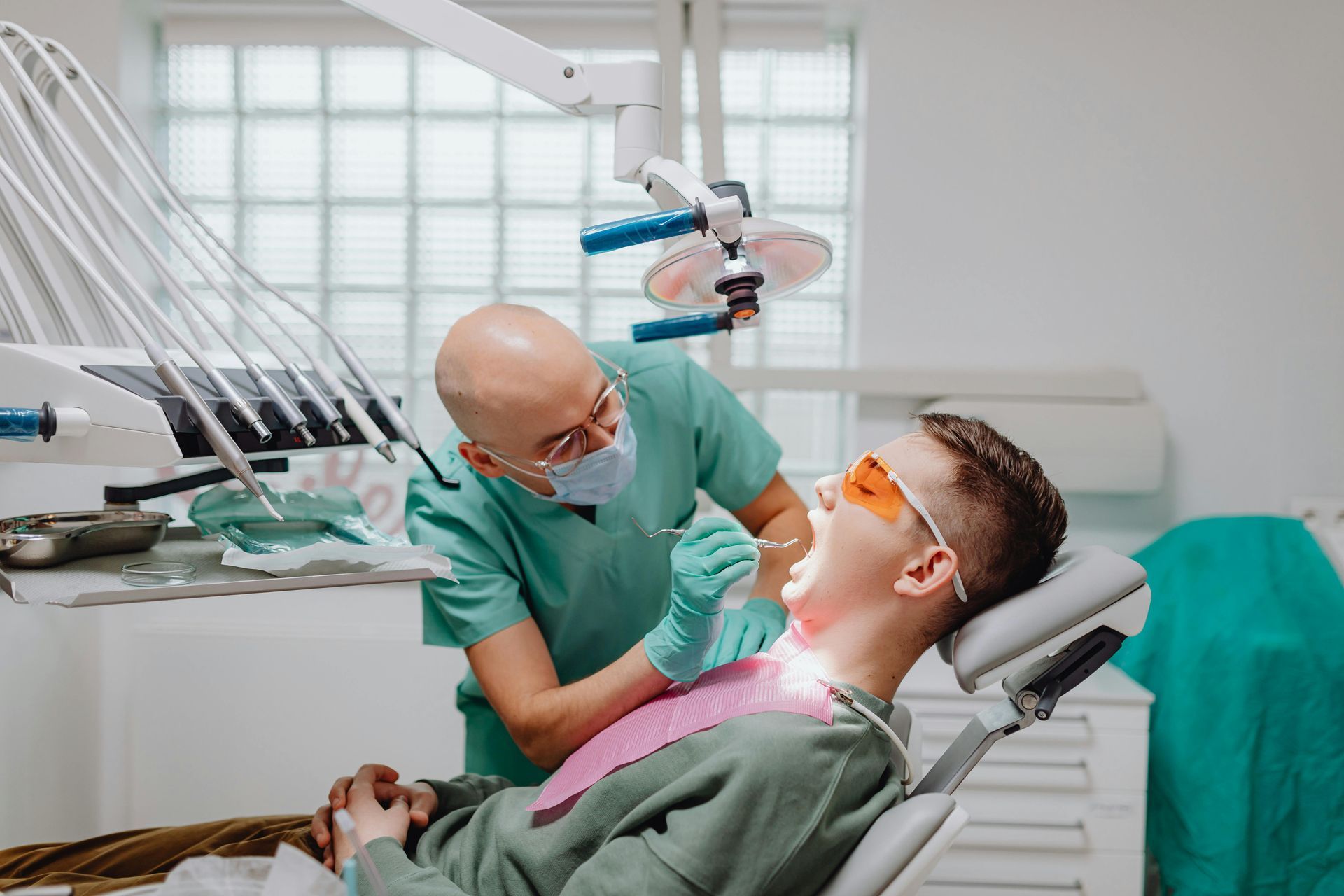Dental Implants vs. Dentures: Which Is Right for You?
Pros and Cons of Both Options
Understanding Dental Implants
Dental implants are a popular and effective tooth replacement option, offering a permanent solution for individuals experiencing tooth loss. Unlike removable dentures, dental implants provide a stable foundation for replacement teeth that function like natural teeth. They are crucial for maintaining oral health, preventing bone loss, and preserving facial structure after the loss of real teeth.
What are dental implants?
Dental implants are artificial tooth roots, typically made of titanium posts, that are surgically placed into the jawbone. They serve as a strong base for supporting prosthetic teeth, like crowns or bridges. Dental implants look and feel like natural teeth and help in restoring the normal function of your mouth, allowing you to enjoy your favourite foods without worry.
How do dental implants work?
Dental implants work by integrating with your jawbone through a process called osseointegration. After the surgical procedure to insert the titanium post, the bone gradually fuses with the implant, creating a sturdy foundation for the replacement tooth. The implant mimics the function of a real tooth root, making it a reliable option for those seeking a permanent tooth replacement solution.
Types of dental implants
There are primarily two types of dental implants. Endosteal implants are the most common type, involving placement into the jawbone. Subperiosteal implants, on the other hand, are positioned under the gum but above the jawbone and are typically used in patients with insufficient bone height. Each type can be tailored to meet individual needs and oral health conditions.
Overall, dental implants are favoured for their durability and ability to maintain oral hygiene compared to traditional dentures or partial dentures. However, they require proper care and a healthy oral environment for the best long-term outcomes.
Pros of Dental Implants
Dental implants are increasingly popular for replacing missing teeth, offering several advantages over traditional dentures. They are designed to resemble and function like natural teeth closely, making them an appealing choice for those seeking a permanent tooth replacement option. Moreover, dental implants contribute significantly to oral health by preserving bone mass and providing long-term durability.
Mimics Natural Teeth Appearance and Function
Dental implants are crafted to closely mimic the appearance and function of natural teeth. Each implant consists of a titanium post that acts as an artificial tooth root, providing a stable foundation for replacement teeth. This results in a natural look and feel, allowing individuals to speak and eat comfortably and confidently, much like they would with real teeth.
Preserves Bone Health
Dental implants play a crucial role in preserving bone health. When a tooth is lost, the jawbone can begin to deteriorate due to lack of stimulation. Implants help maintain bone structure as the titanium post integrates with the jawbone, halting bone loss and supporting facial structure. This prevents the sunken appearance that can occur with missing teeth.
Improved Speech and Comfort
Unlike removable dentures, dental implants do not shift around in the mouth, leading to clearer speech and greater comfort. Traditional dentures can sometimes slip, causing speech difficulties. Implants eliminate this issue, offering a stable and secure fit that feels natural and allows for normal speech patterns to be maintained.
High Durability and Longevity
Dental implants are known for their high durability and longevity, often lasting a lifetime with proper care. Unlike dentures, which may need to be replaced or adjusted over time, implants are a permanent solution. This makes them an affordable option in the long run, providing peace of mind and a lasting investment in oral health.
Cons of Dental Implants
When considering dental implants, it's important to weigh their disadvantages. While they offer a permanent solution for tooth loss, there are several factors to consider that might make them less appealing for some individuals. Let's delve into the potential cons associated with this tooth replacement option.
Requires surgical procedure
One of the primary drawbacks of dental implants is that they necessitate a surgical procedure. This means that patients must undergo an operation where a titanium post is inserted into the jawbone to act as an artificial tooth root. The surgical aspect can be daunting for some and requires a certain level of health and bone density to ensure successful implantation.
Higher initial cost
The initial cost of dental implants is significantly higher compared to other tooth replacement options like partial or complete dentures. The investment covers the surgical procedure, the implant itself, and the follow-up visits necessary to ensure proper integration of the implant with the jawbone. While they might be a more durable and long-term solution, the upfront expense can be prohibitive for some individuals.
Possible complications or failures
Like any surgical procedure, dental implants come with possible risks and complications. These can include infection at the implant site, injury to surrounding teeth or blood vessels, and nerve damage. In some cases, the jawbone might not adequately fuse with the implant, leading to implant failure. Such complications might require additional procedures to correct, adding further inconvenience and costs.
Understanding Dentures
Dentures are prosthetic devices designed to replace missing teeth. They provide an affordable option for restoring oral functionality and aesthetics. While they are commonly referred to as "false teeth," advancements in dental technology have greatly improved their appearance and comfort.
What are dentures?
Dentures are removable dental appliances created to mimic real teeth. They consist of prosthetic teeth set in a metal framework or acrylic base that fits snugly over the gums. This helps to restore facial structure and chewing ability, allowing individuals to enjoy their favorite foods and speak more clearly.
How do dentures work?
Dentures operate by resting on the gums and, in some cases, clinging to any remaining natural teeth or dental implants for added stability. They distribute the force of chewing across the underlying gums and jawbone, thus simulating some of the functionality of real teeth. Proper care is necessary to maintain their fit and oral hygiene.
Types of dentures (complete vs. partial)
There are two main types of dentures: complete dentures and partial dentures. Complete dentures are used when all natural teeth are missing, fitting over the entire arch of teeth. Partial dentures, on the other hand, are ideal for replacing one or several missing teeth, using a metal framework to clasp onto remaining teeth. Each type serves as a valuable tooth replacement option tailored to specific needs and levels of tooth loss.
Pros of Dentures
Dentures offer a variety of benefits for those seeking a tooth replacement option. They have been a popular choice for many years, providing a reliable solution for individuals with tooth loss. Here are some key advantages of choosing dentures:
Affordable initial cost
Dentures generally provide a more affordable initial cost compared to dental implants. This makes them an appealing choice for those seeking economic solutions to replace missing teeth. While the overall cost might vary based on materials and customization, dentures remain a cost-effective option for many.
Non-invasive option
One of the major advantages of dentures is that they are a non-invasive solution. Unlike dental implants, which require a surgical procedure to place the titanium post, dentures do not involve surgery. This makes them suitable for individuals who may have health conditions that preclude surgery or prefer to avoid surgical interventions altogether.
Quick results and adjustments
Dentures offer the benefit of quick results, allowing individuals to regain functionality and aesthetics in a shorter timeframe. They can be made and fitted relatively quickly compared to the prolonged process associated with dental implants. Additionally, dentures are easy to adjust, allowing for modifications to ensure comfort and a proper fit as needed.
Customization possibilities
Dentures can be customized according to the needs and preferences of the user. Whether it’s full or partial dentures, they can be tailored to match the natural teeth color, size, and shape, providing a more personalized set of prosthetic devices. Customization also extends to the choice of materials, ensuring that individuals receive a product that best suits their lifestyle and oral health requirements.
Cons of Dentures
Dentures are a common solution for individuals experiencing tooth loss. However, they come with certain drawbacks that potential users should consider. While dentures can restore the appearance of a full set of teeth, they may not provide the same functionality and convenience as other tooth replacement options.
Requires regular maintenance
Proper care is essential to maintain dentures, which include daily cleaning and periodic adjustments. Users must adhere to a rigorous oral hygiene routine to prevent gum disease and other oral health issues. Unlike dental implants, dentures are not a permanent solution and may require replacement over time.
May impact taste and comfort
Dentures can sometimes impact the taste of food and overall eating experience. The acrylic or metal framework of dentures covers part of the palate, which may alter taste sensations. Some users also experience discomfort or difficulty adjusting to the presence of a removable denture, affecting their ability to enjoy their favorite foods.
Can become loose or damaged over time
Over time, dentures may become loose or damaged, particularly as the underlying bone structure changes. This can lead to reduced stability and increased discomfort. Regular visits to the dentist are necessary to ensure proper fit and functionality, and repairs or adjustments may be needed if the dentures become misaligned or cracked.
Factors to Consider When Choosing
When deciding between dental implants and dentures, consider factors like comfort, appearance, functionality, and maintenance. Dental implants provide a permanent solution that closely mimics real teeth, while dentures offer a more affordable option for tooth replacement. It's crucial to assess your oral health needs, lifestyle, and budget constraints to determine the best choice for you. Consulting with a dental professional can also help you understand the nuances of each option, including how they align with your long-term oral health goals.
Cost considerations
The initial cost of dental implants is generally higher than that of dentures due to the surgical procedure and materials involved. Dental implants require a titanium post to be placed into the jawbone, serving as an artificial tooth root, which contributes to their expense. However, dentures, especially complete dentures or partial dentures, offer a more cost-effective solution upfront but may incur additional costs over time for adjustments or replacements. Consider your budget, potential insurance coverage, and the long-term financial implications when making your decision.
Longevity of the solution
Dental implants are renowned for their durability, often lasting a lifetime with proper care and maintenance. They integrate with the jawbone, providing a stable foundation for replacement teeth and helping prevent bone loss. In contrast, dentures are a removable denture option that might need replacement every 5 to 7 years due to changes in the facial structure and wear on the prosthetic teeth. Choosing implants can be seen as a one-time investment in maintaining oral hygiene and enjoying your favourite foods, while dentures require ongoing attention and replacements.
At Don River Dental we give you the best tips . If you are experiencing any symptoms or pain please feel free to call us at (416) 901 - 9292 and someone from our team will be happy to answer any questions and schedule an appointment as soon as possible. We offer safe soothing dentistry in North York.












